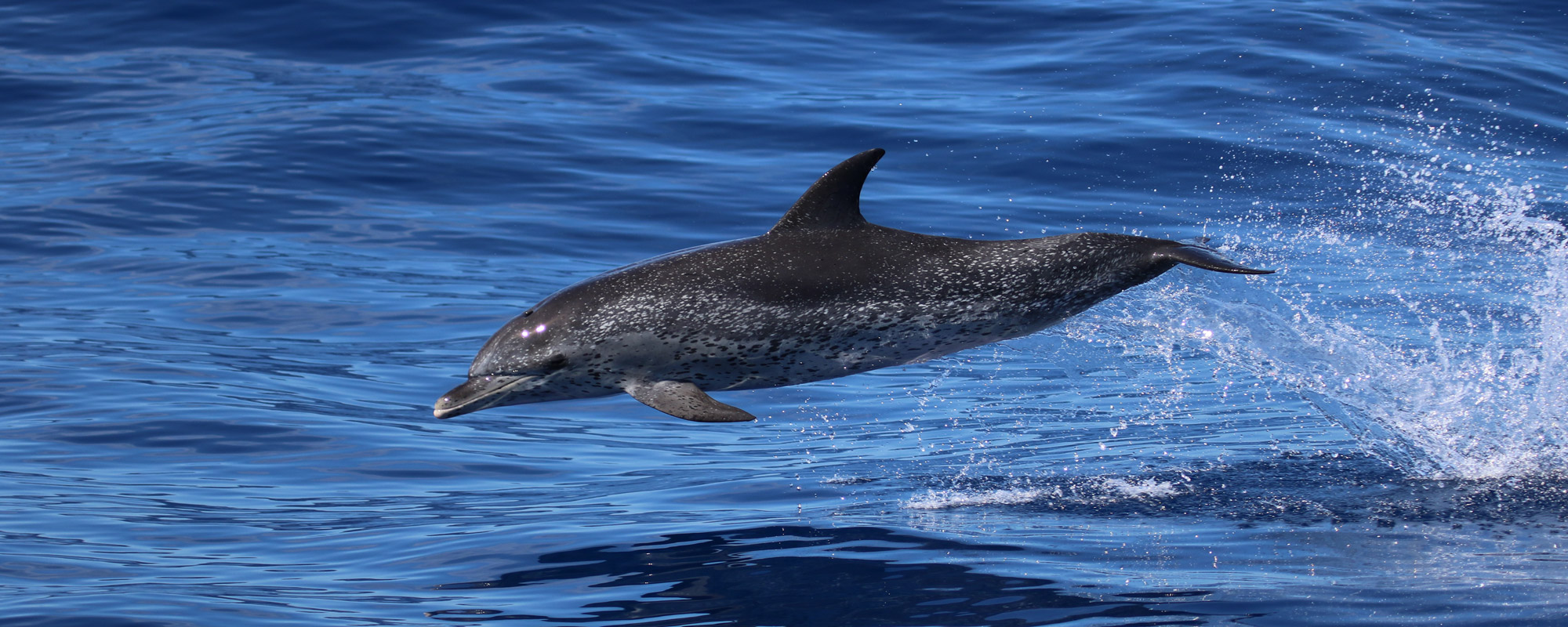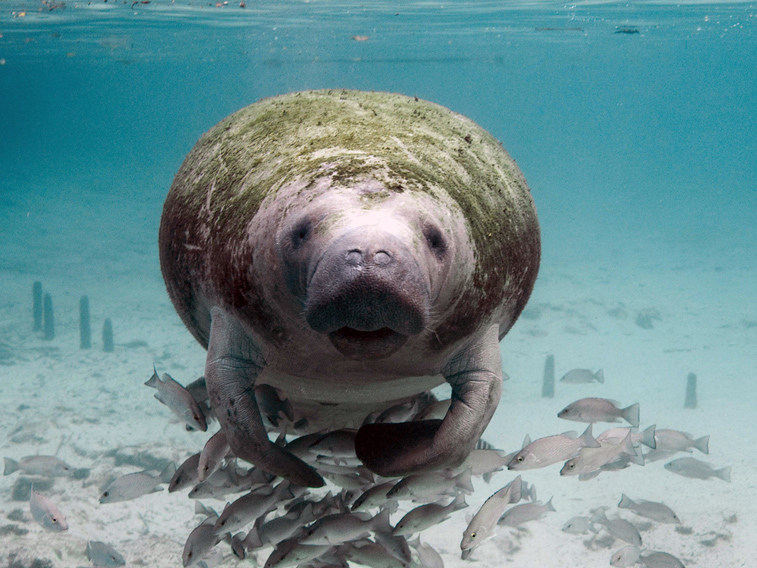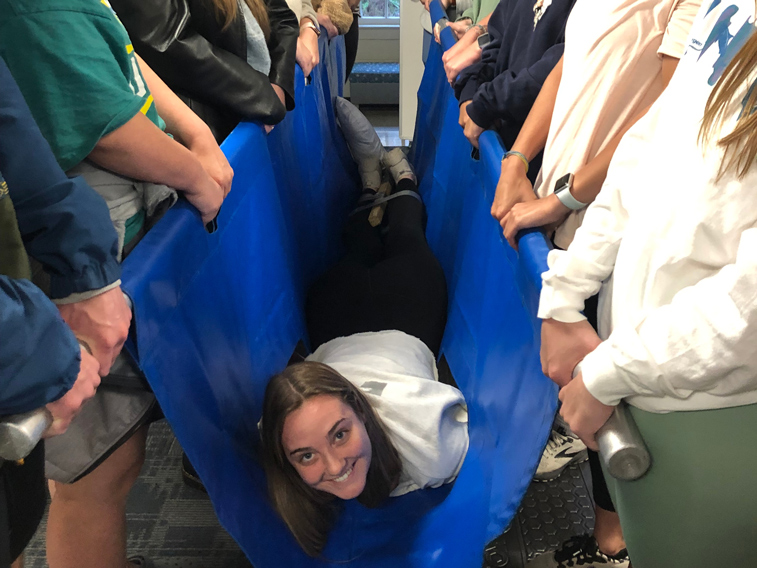Join the Wave of Support!
Marine Mammal Stranding FAQs
A marine mammal is considered stranded when it is found deceased, either on shore or floating in the water, or alive on shore and unable to return to the water. Marine mammal strandings are relatively common events along the North Carolina coast, and North Carolina experiences the highest number of strandings, per unit length of beach, of any state along the Atlantic or Gulf coasts. We also experience the highest species diversity of marine mammals along the Atlantic coast. To date, all but two species known to occur in the North Atlantic have stranded on North Carolina beaches.
Though the primary focus of a stranding investigation is to determine the cause of the stranding, marine mammal strandings also offer researchers a unique opportunity to gather data from these federally protected species. These data are used to better understand the biology of marine mammals, to document human impacts on them, and ultimately to help ensure their conservation.
Our primary response area includes Brunswick County, New Hanover County, Pender County, and Onslow County, North Carolina. We also travel to other areas within our state and region to assist our colleagues when requested.
As long as the conditions are safe to do so, our team responds to any species of marine mammal. This includes whales, dolphins, porpoises, manatees, and seals.
*Note: Sea turtles are reptiles, not marine mammals. If you find a sea turtle that appears sick, injured, stranded, or deceased, please call the NC Sea Turtle Stranding & Salvage Network at 252-241-7367
A marine mammal is any animal that meets the following criteria:
- Lives in oceanic or brackish waters
- Are vertebrate animals (animals with a backbone)
- Give birth to live young
- Possess mammary glands used to provide young with milk
- Have hair at some point in their development
- Regulate their own body temperature independent of their environment (are "warm-blooded")




